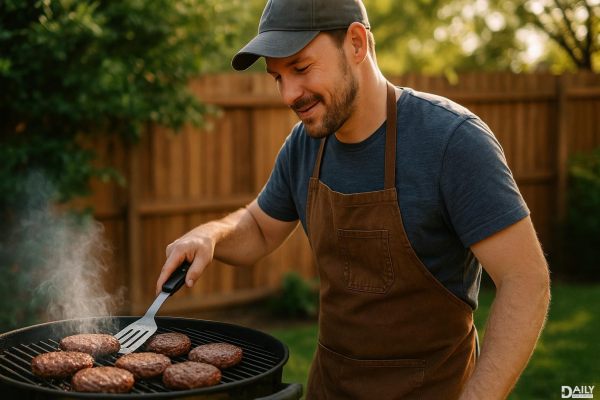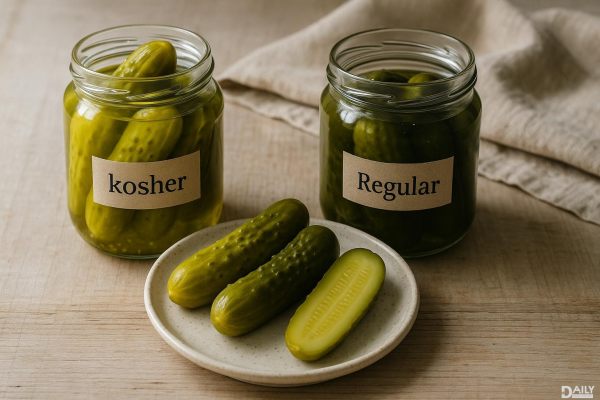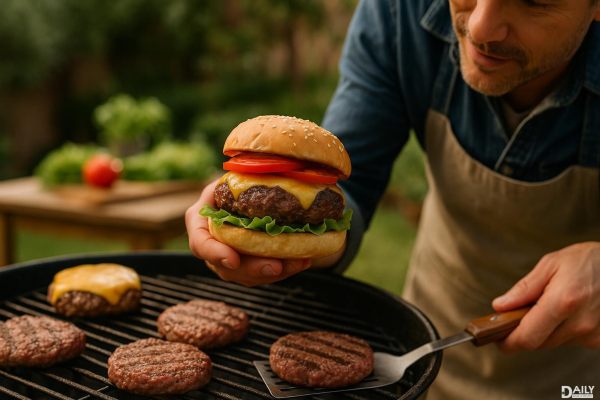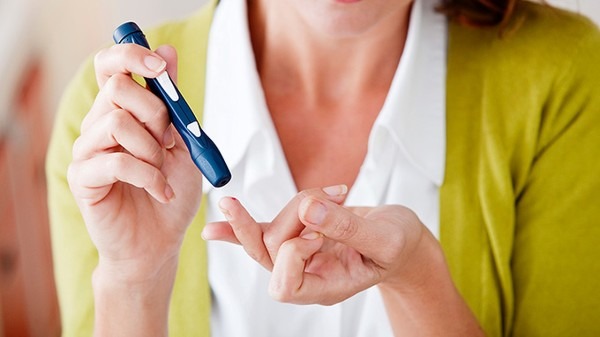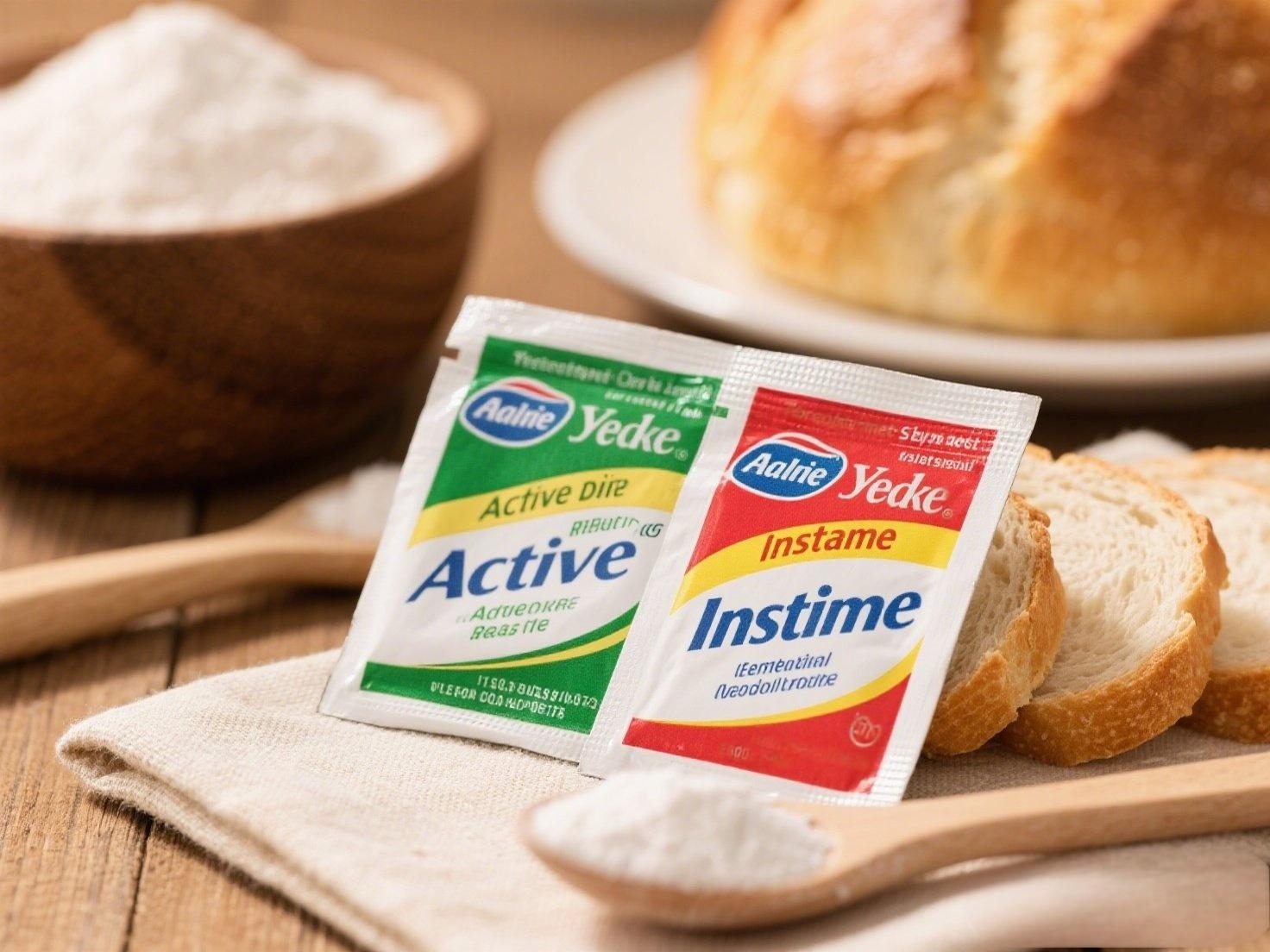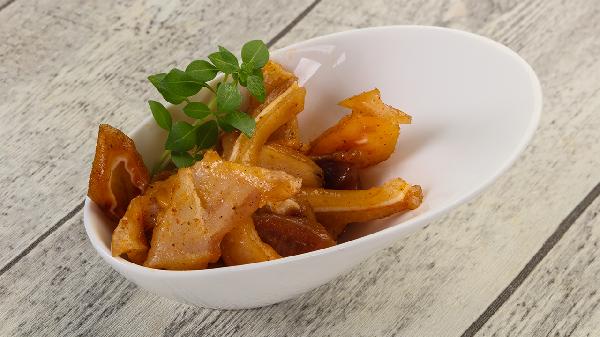So, how much protein do you really need each day? The answer might surprise you—it’s not as much as those Instagram fitness influencers would have you believe. While protein is essential for muscle repair, immune function, and overall health, the average person doesn’t need to down protein shakes like they’re going out of style. The truth is, your daily protein needs depend on factors like age, activity level, and goals. Let’s break it down so you can stop stressing and start eating smarter.

Protein is one of the three macronutrients (along with carbs and fats) that your body needs to function. It’s made up of amino acids, which are the building blocks for everything from muscles to enzymes to hormones. There are 20 amino acids in total, and nine of them are considered “essential,” meaning your body can’t produce them on its own—you’ve gotta get them from food. Animal sources like meat, eggs, and dairy are complete proteins, meaning they contain all nine essential amino acids. Plant-based sources like beans, nuts, and grains often lack one or more, so you’ll need to mix and match to get the full spectrum.
Here’s the thing: more protein isn’t always better. Your body can only use so much at a time, and excess protein doesn’t magically turn into muscle. Instead, it gets stored as fat or, in some cases, can strain your kidneys if you’re consistently overdoing it. The idea that you need to eat your body weight in grams of protein is a myth that’s been debunked time and time again. Unless you’re a bodybuilder or an elite athlete, you probably don’t need to obsess over hitting some sky-high protein target.
The Recommended Dietary Allowance (RDA) for protein is 0.8 grams per kilogram of body weight for the average adult. For a 150-pound person, that’s about 54 grams of protein per day. But here’s the kicker: this number is just the minimum to prevent deficiency, not the optimal amount for health or performance. If you’re active, pregnant, or over 50, your needs increase. For example, athletes or those doing regular strength training might need 1.2 to 2.0 grams per kilogram, depending on their goals. Older adults also benefit from slightly higher protein intake to combat age-related muscle loss.
You’ve probably heard the hype about eating protein within 30 minutes of a workout to maximize muscle gains. While timing can play a role, it’s not as critical as some fitness gurus make it seem. What’s more important is spreading your protein intake throughout the day. Your body can only absorb and use about 20 to 30 grams of protein at a time, so instead of loading up at dinner, aim for a protein-rich snack or meal every 3 to 4 hours. This keeps your amino acid levels steady and supports muscle repair and growth.
If you’re vegan or vegetarian, you might be wondering if you can meet your protein needs without meat or dairy. The short answer? Absolutely. While plant-based proteins are often incomplete, combining different sources can give you all the essential amino acids you need. Think rice and beans, peanut butter on whole-grain bread, or hummus with pita. Plus, plant-based proteins come with added perks like fiber, vitamins, and antioxidants. Just be mindful of your intake and aim for a variety of sources to cover your bases.
Protein is a weight-loss powerhouse because it keeps you full longer and helps preserve lean muscle mass while you’re cutting calories. Studies show that a higher-protein diet can boost metabolism and reduce cravings, making it easier to stick to your goals. But don’t go overboard—protein still has calories, and eating too much of anything can lead to weight gain. Aim for a balanced approach, pairing protein with healthy fats and complex carbs for sustained energy and satisfaction.
If you’re feeling sluggish, losing muscle mass, or noticing brittle hair and nails, you might not be getting enough protein. Other signs include frequent hunger, slow recovery from workouts, and a weakened immune system. While protein deficiency is rare in developed countries, it’s worth evaluating your diet if you’re experiencing these symptoms. Adding a protein-rich snack like Greek yogurt, a handful of nuts, or a hard-boiled egg can make a big difference.
There’s a lot of misinformation out there about protein, so let’s set the record straight. First, no, you don’t need to eat meat to get enough protein. Second, protein shakes aren’t a magic bullet—real food is always the best source. Third, eating too much protein won’t make you bulky unless you’re lifting heavy and eating in a calorie surplus. And finally, protein isn’t just for gym rats—it’s essential for everyone, from couch potatoes to marathon runners.
At the end of the day, protein is a crucial part of a healthy diet, but it’s not something you need to obsess over. Focus on eating a variety of nutrient-dense foods, listen to your body, and adjust your intake based on your lifestyle and goals. Whether you’re a carnivore, a vegan, or somewhere in between, there’s a protein plan that works for you. So, ditch the hype, keep it simple, and let your meals do the heavy lifting.
